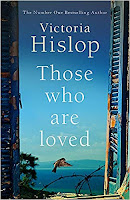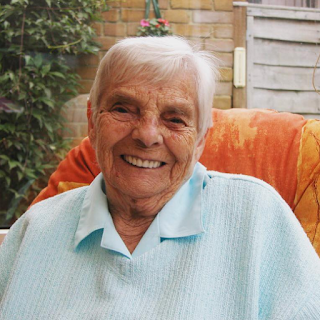The Prosecutor by Jack Fairweather (Ebury Publishing)
While I have read a few books in the past couple of weeks most of them have been ok but nothing more, with one that needs a lot more thinking about before I write about it. There was also the awkward coincidence of me starting Pope Francis' autobiography on my tea break only to hear he'd been hospitalised by the time I had my lunch break...
However Jack Fairweather's The Prosecutor was a book that I found as gripping as any novel and one that taught me so much on a topic that I thought I'd possibly exhausted.
The book is all about Fritz Bauer, a gay Jewish German legal man who after surviving the Holocaust was horrified at the cursory way 'de-Nazification' took place in West Germany and how many prominent Nazis regained their positions in society - and government. He wasn't just horrified however - he decided to do something about it, including helping track down Eichmann and ensuring he faced justice. He also managed to challenge the specific wording of German Law so that he could actually put perpetrators of the horror on trial.
As well as Bauer's story we hear how former Nazis were reintegrated into the higher echelons of government, how they formed the backbone of West Germany and how the Western powers let this happen. It also covers the slow way that Germany was forced to face the atrocities of the Holocaust, but also shows how the seeds of denial (which are sadly growing once more) were sown.
I've read a lot about East Germany in the period 1945-1961 but this was the first book covering West Germany and once more it just shows how the victors get to rewrite history - I found the book chilling but fascinating and I really recommend it when it is published tomorrow.
Many thanks to Ebury for providing access to an advance copy of the book via NetGalley



















